UN’s top court to hold genocide hearings next week
The International Court of Justice will hold genocide hearings next Monday and Tuesday over the war in Ukraine.
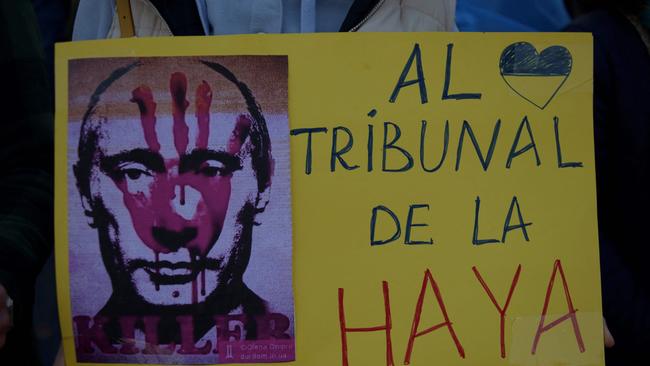
The International Court of Justice will hold genocide hearings next Monday and Tuesday over the war in Ukraine.
The Hague-based ICJ, the UN’s top court, will open the public hearings after Ukraine lodged a complaint with the court to order Russia to stop its invasion.
“The hearings will be devoted to the request for the indication of provisional measures submitted by Ukraine,” the court said.
More than 660,000 people have fled abroad, the UN refugee agency said, estimating that a million people are displaced within Ukraine, which has a population of 44 million.
The UN estimates that up to four million refugees may need help in the coming months and 12 million more will need assistance within the country.
The ICJ does not have a mandate to bring criminal charges against individual Russian leaders behind the invasion. But it is the world’s top court for resolving legal complaints between states over alleged breaches of international law.
International Criminal Court prosecutor Karim Khan had already announced he was launching an investigation on the “situation in Ukraine”.
“I am satisfied that there is a reasonable basis to believe that both alleged war crimes and crimes against humanity have been committed in Ukraine” since 2014, Mr Khan said on Monday.
Russia has defied international bans, boycotts and sanctions to press ahead with an offensive it says is aimed at defending Ukraine’s Russian speakers and toppling the leadership.
The US trusts “the court is taking into consideration the dire circumstances and rapidly unfolding events,” the State Department said on Wednesday. Spokesman Ned Price said Washington hoped the court would “act with utmost urgency on Ukraine’s request for provisional measures” in the hearing. “Each day that Russia is unconstrained in its aggression is a day that brings more violence, suffering, death, and destruction in Ukraine,” he said.
Russia has broken article 2(4) of the UN Charter, which forbids the use of force internationally, said Geoff Gordon, senior researcher at The Hague-based Asser Institute for International and European Law.
British-based international law professor Philippe Sands said the use of Russian military force “is not unfamiliar” in Ukraine.
“One of the differences between before and today is that rules exist to protect us from such actions, reflected in the Charter of the United Nations, the closest thing we have to an international constitution,” Professor Sands wrote in the Financial Times.
“It is the charter’s most significant commitments that Mr Putin has shredded.”
Russia may also be brought before the European Court of Human Rights.
The ICC is empowered to investigate war crimes committed by individuals on the territory of Ukraine, which is not a member, but in 2014 accepted the jurisdiction of the court. Russia, however, withdrew from the ICC, so the court will only be able to reach Russians if they are arrested on the territory of a state that respects the jurisdiction of the court.
AFP

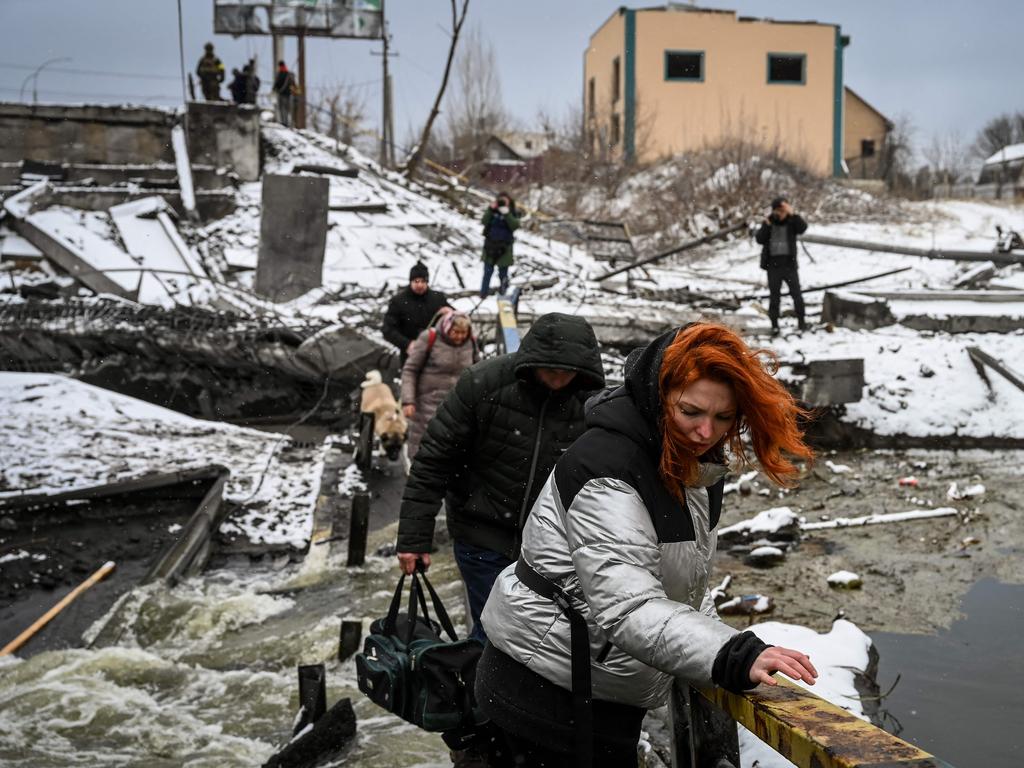
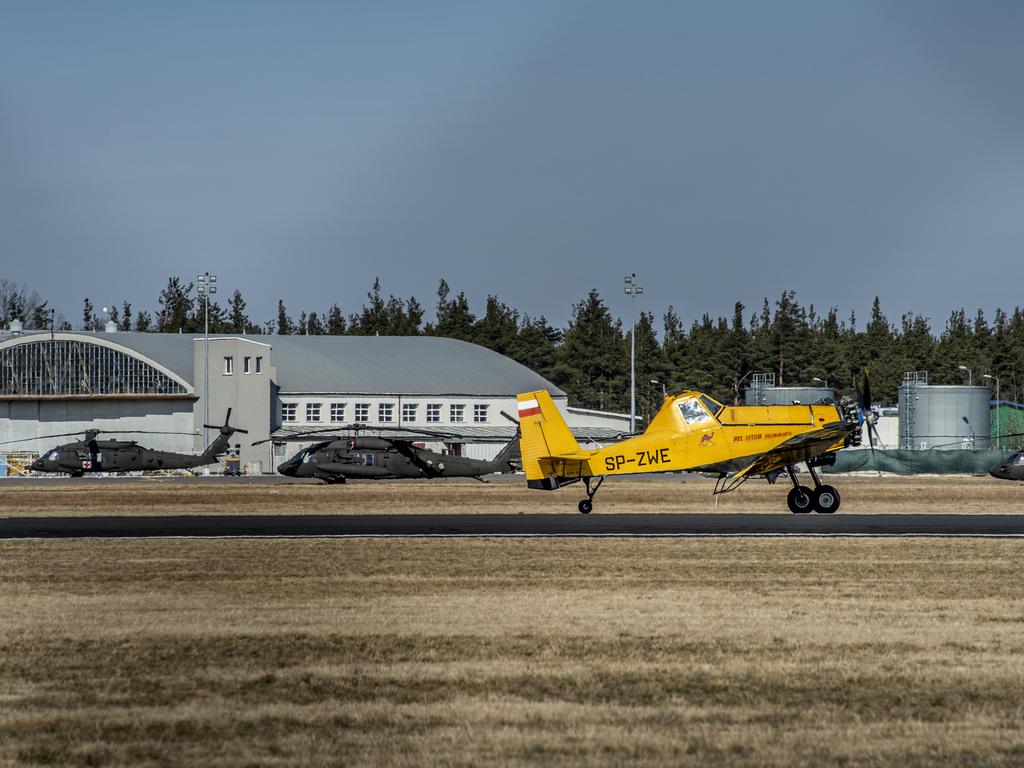
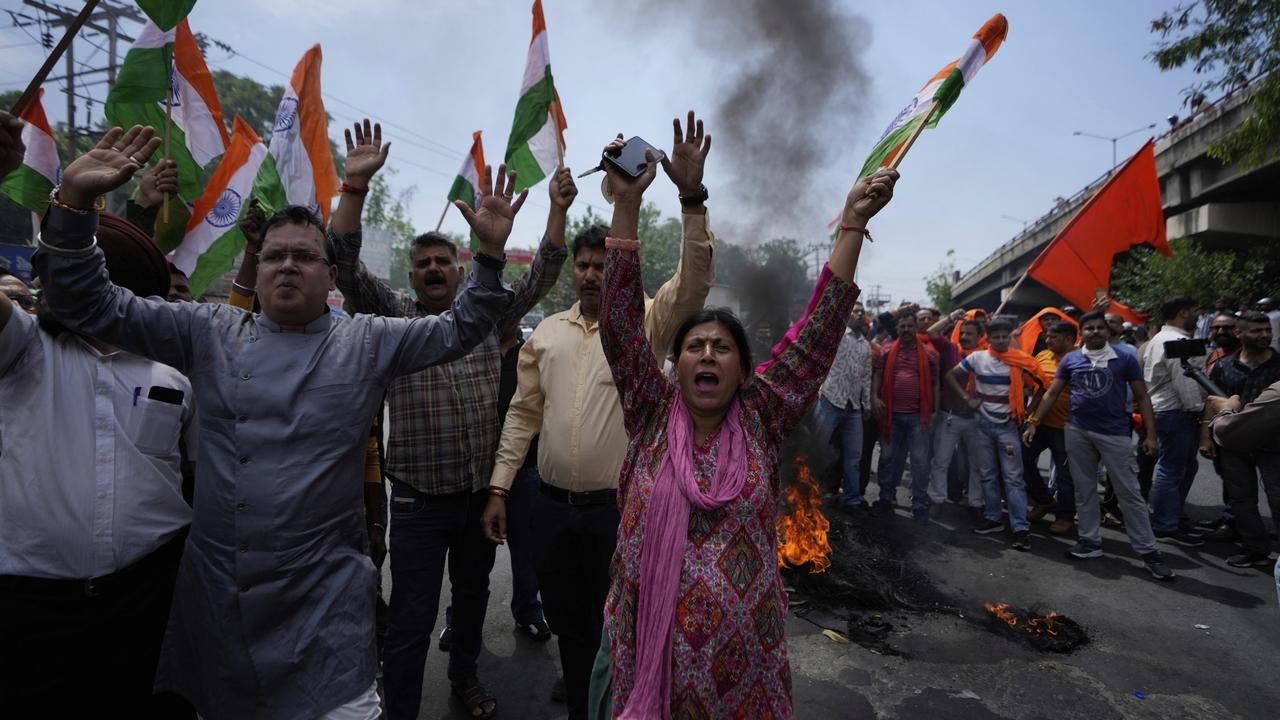
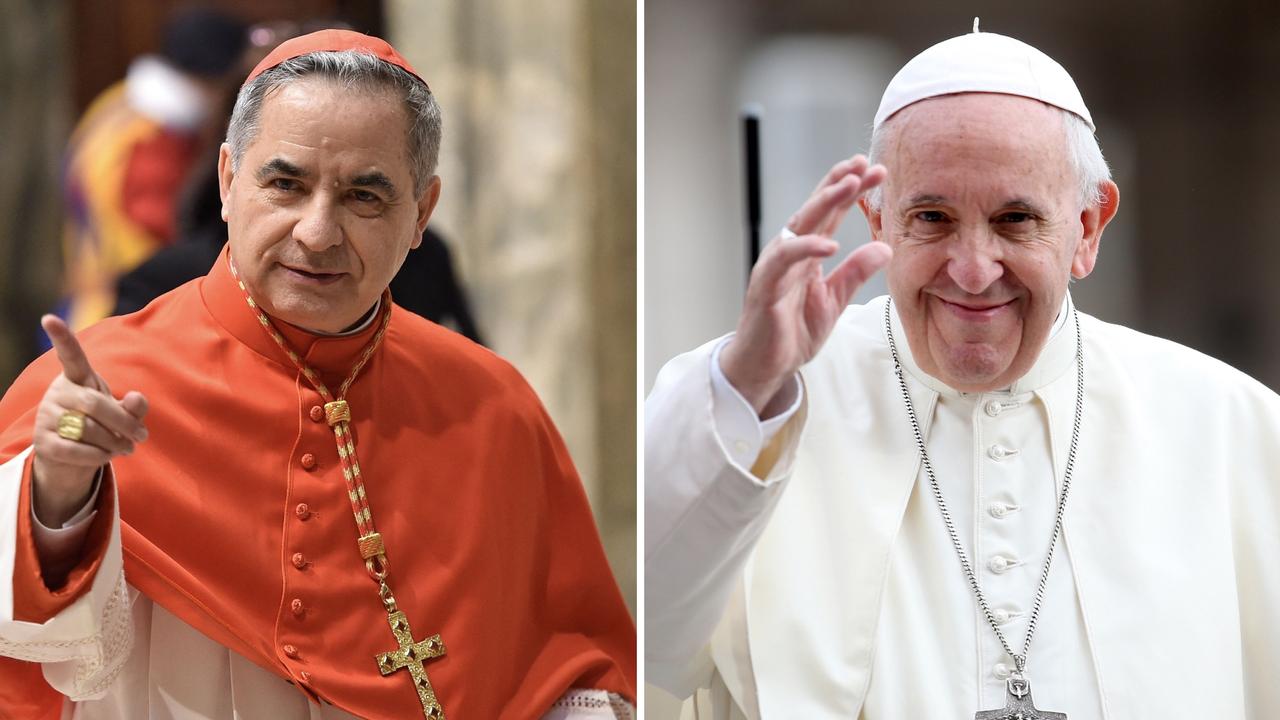
To join the conversation, please log in. Don't have an account? Register
Join the conversation, you are commenting as Logout